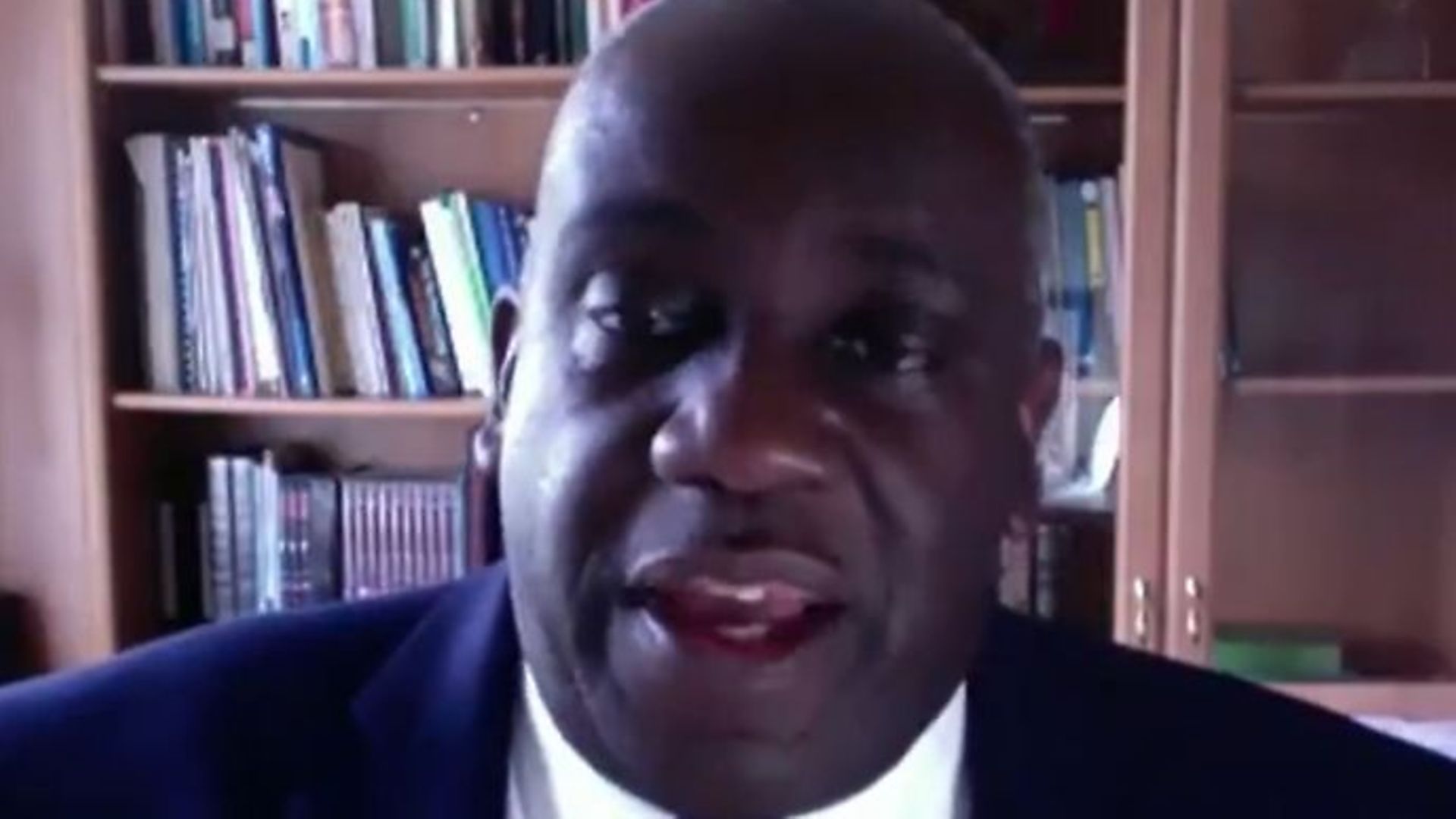
The chairman of the Commission on Race and Ethnic Disparities has defended it against accusations of putting a “positive spin on slavery and empire”, saying that to suggest it was “trying to downplay the evil of the slave trade” is “absurd”.
The commission’s report into racial disparities in Britain, published on Wednesday, was hit by claims it was insulting and divisive, while Dr Tony Sewell faced criticism over the way he explained its recommendation on teaching history in schools.
In statement on Thursday he said: “It is absurd to suggest that the commission is trying to downplay the evil of the slave trade.
“It is both ridiculous and offensive to each and every commissioner.
“The report merely says that, in the face of the inhumanity of slavery, African people preserved their humanity and culture.”
A Making Of Modern Britain teaching resource was proposed in the report to “tell the multiple, nuanced stories of the contributions made by different groups that have made this country the one it is today”.
In the report’s foreword, Dr Sewell wrote that the recommendation was the commission’s response to “negative calls for ‘decolonising’ the curriculum”.
He said the resource should look at the influence of the UK during its Empire period and how “Britishness influenced the Commonwealth” and how local communities influenced “modern Britain”.
He added: “There is a new story about the Caribbean experience which speaks to the slave period not only being about profit and suffering but how culturally African people transformed themselves into a remodelled African/Britain.”
Reacting to the passage on Twitter, Labour’s shadow women and equalities secretary Marsha de Cordova said it was “one of the worst bits” of the report and claimed it was “putting a positive spin on slavery and empire”.
Halima Begum, chief executive of race equality think tank the Runnymede Trust, also said: “Comments about the slave trade being a Caribbean experience, as though it’s some kind of holiday… this is how deafening it is, cultural deafness, it’s completely out of kilter with where British society is, I believe.”
In his foreword, Dr Sewell argued that “neither the banning of white authors or token expressions of black achievement will help to broaden young minds”.
He added: “We have argued against bringing down statues, instead we want all children to reclaim their British heritage.
“We want to create a teaching resource that looks at the influence of the UK, particularly during the empire period.
“We want to see how Britishness influenced the Commonwealth and local communities, and how the Commonwealth and local communities influenced what we now know as modern Britain.
“One great example would be a dictionary or lexicon of well-known British words which are Indian in origin.”
Warning: Illegal string offset 'link_id' in /mnt/storage/stage/www/wp-includes/bookmark.php on line 357
Notice: Trying to get property 'link_id' of non-object in /mnt/storage/stage/www/wp-includes/bookmark.php on line 37






